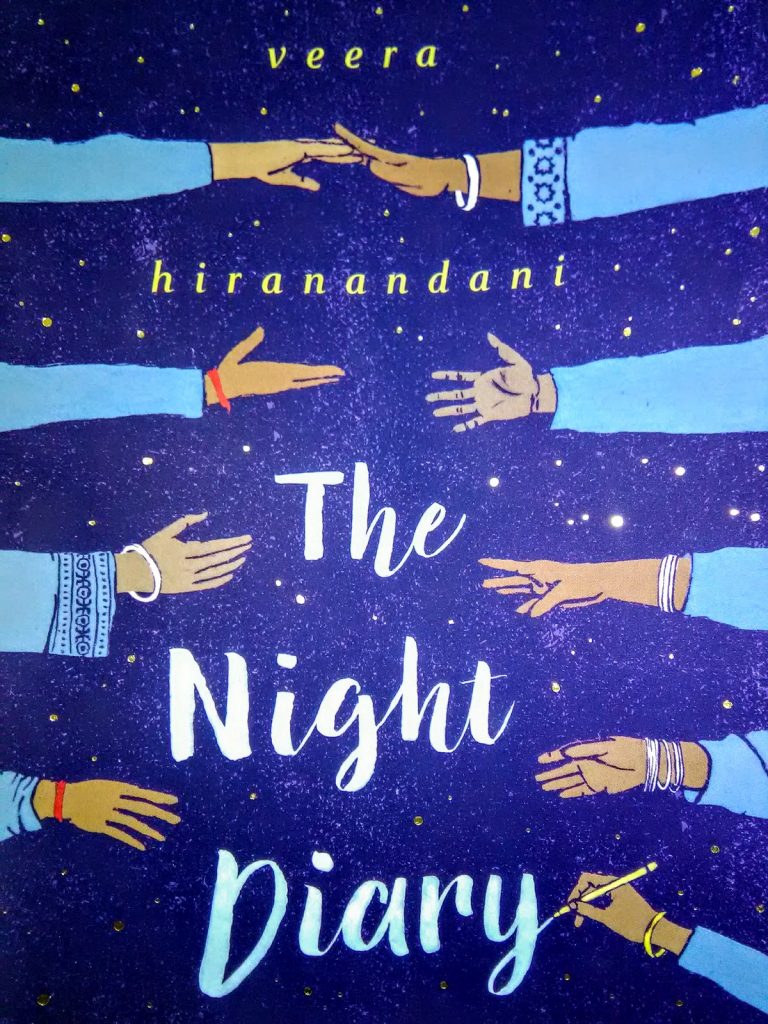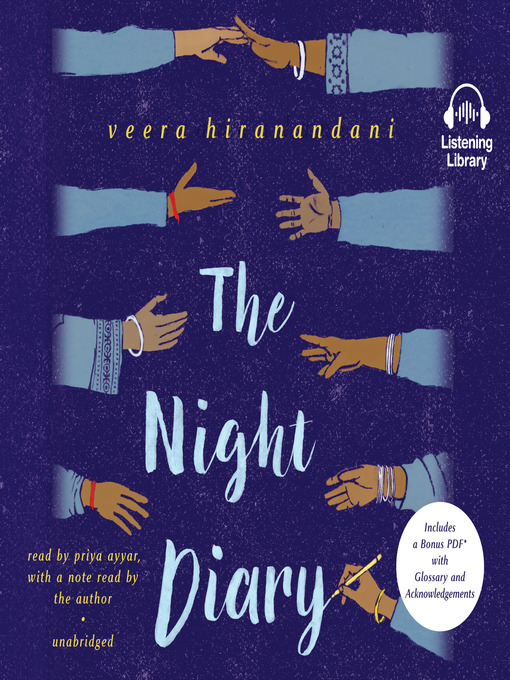
This novel will appeal to readers who prefer character-driven novels to ones that are more plot-driven.

Virginia which states that banning interracial marriage is unconstitutional will help her parents accept Lena and Raj’s marriage and grandchild who will be born in a few months. Ariel hopes the recent Supreme Court ruling, Loving V. When she writes poems, her thoughts flow onto the paper effortlessly which help her work through her family problems and changes in her life. With the help of a new teacher at school, Miss Field, Ariel finds the best way to express herself is through poetry. Ariel still finds solace and comfort in her family’s bakery- the one constant in her life, until she finds out that her parents have plans to sell it due to financial problems.

Ariel is also struggling with her own issues at school being bullied by an anti-Semitic classmate and struggling academically especially with writing due to an undiagnosed learning disability. Ariel feels very alone and sad without her big sister. When Lena meets and falls in love with Raj, an Indian man who is Hindu, her parents immediately object and Lena and Raj run away to NYC and elope. Ariel and her family are Jewish and living in Connecticut. Told in the second person point of view, this historical fiction novel introduces readers to 12-year-old Ariel, her older sister Lena, and her parents in the summer of 1967. How to Find What You're not Looking For by Veera Hiranandani

Half-Muslim, half-Hindu twelve-year-old Nisha doesn't know where she belongs, or what her country is anymore.

The divide has created much tension between Hindus and Muslims, and hundreds of thousands are killed crossing borders. It's 1947, and India, newly independent of British rule, has been separated into two countries: Pakistan and India. In the vein of Inside Out and Back Again and The War That Saved My Life comes a poignant, personal, and hopeful tale of India's partition, and of one girl's journey to find a new home in a divided country


 0 kommentar(er)
0 kommentar(er)
